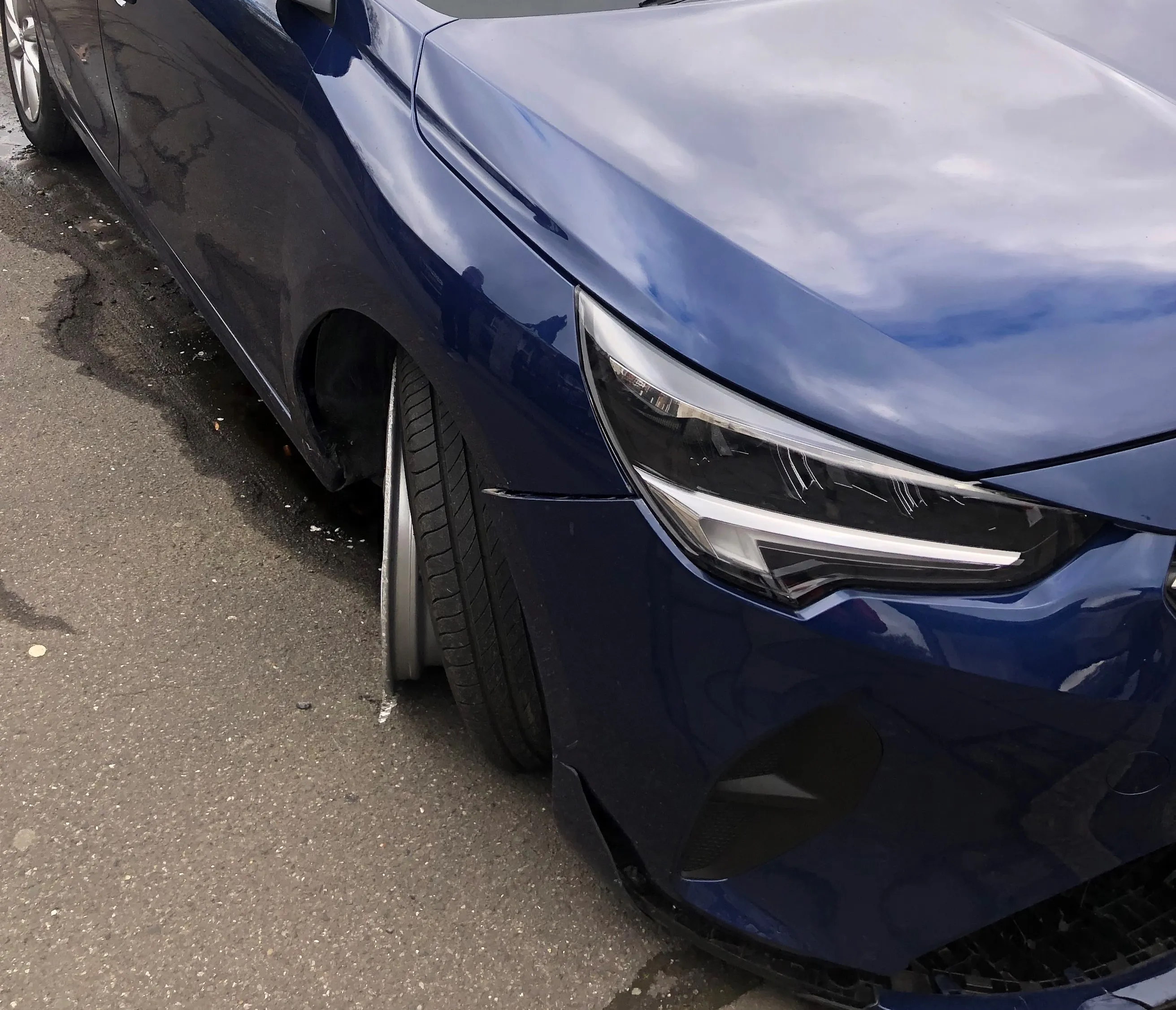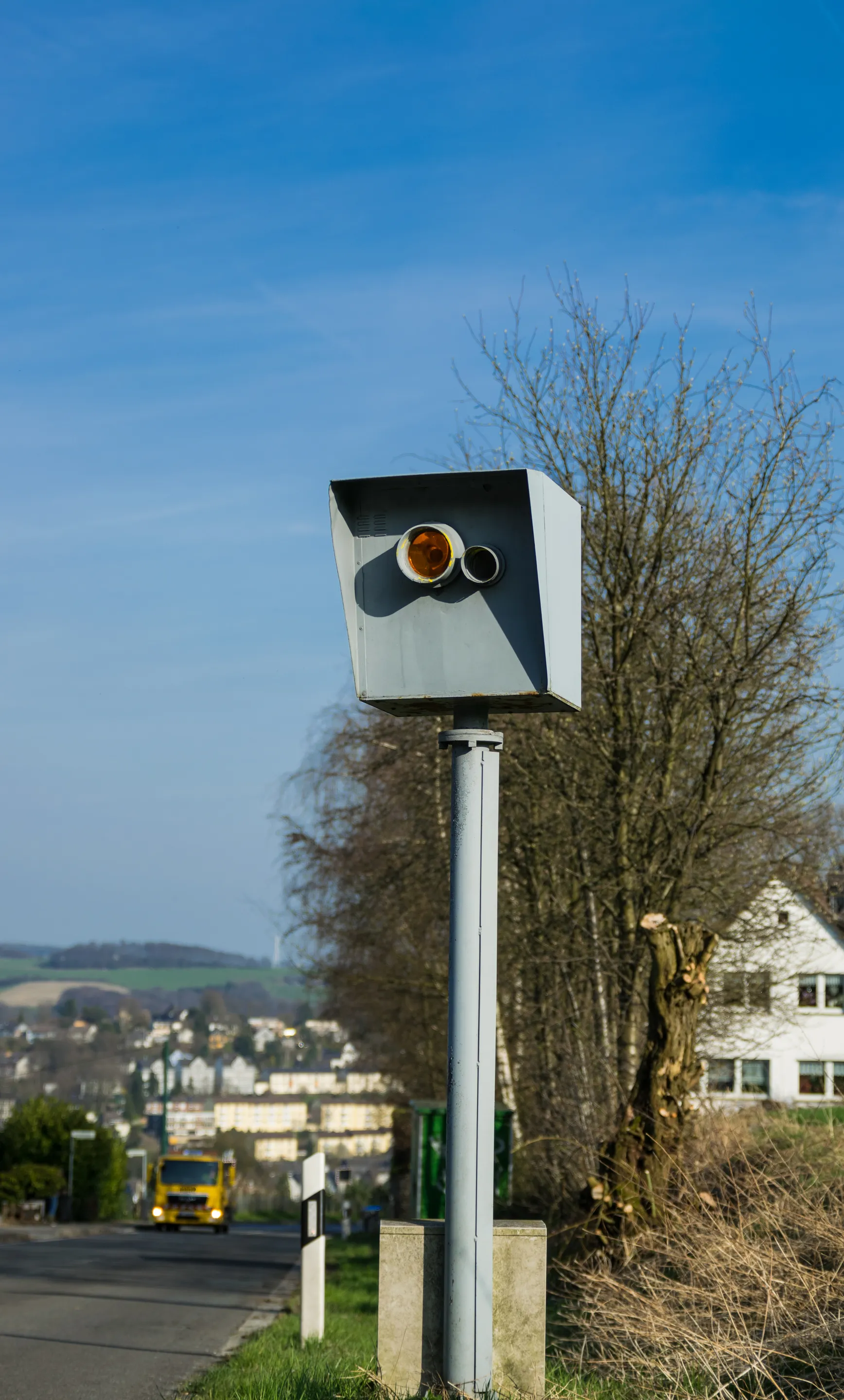Dutch road deaths have nearly halved in the last 15 years, according to new figures by the country’s central statistics bureau CBS. There were 661 road deaths in the Netherlands in 2011, down 47% from 1,251 in 1996. For passenger cars over the same period there was a 73.5% decrease in road fatalities, from 609 to 221.
August 24, 2012
Read time: 2 mins
Dutch road deaths have nearly halved in the last 15 years, according to new figures by the country’s central statistics bureau CBS.
There were 661 road deaths in the Netherlands in 2011, down 47% from 1,251 in 1996. For passenger cars over the same period there was a 73.5% decrease in road fatalities, from 609 to 221.The fall in road deaths comes as Dutch people are said to be opting for smaller cars, which are likely to cause less road accident damage, due to the economic crisis. The mild winter is also said to have led to fewer slips on the roads and less damage from hail. There has also been an improvement in technology, such as parking sensors, and an increase in the number of roundabouts.
However Frits Huffnagel, chairman of Dutch vehicle repair trade association
Further new figures show that the French road fatality rate fell 4.7% for the month of June 2012, compared with the same period in the previous year. Some 320 people were killed on French roads in June 2012. In May 2012, the road death rate in France was only 0.9% lower than for the same period in the previous year. But in April 2012 the road death rate dropped 22.2% compared with 2011, with a 9% fall in March and 25.3% fall in February compared to the same months the previous year.
Over the first six months of 2012, the number of people killed on French roads was down 11.5%. In June 2012, the number of personal accidents reached 5,642, down 1.4% year-on-year, and the number of injuries was 7,053, down 1.6%. The number of people hospitalised, however, rose by 5.3%.
Meanwhile data released by Germany's Federal Statistics Office,







